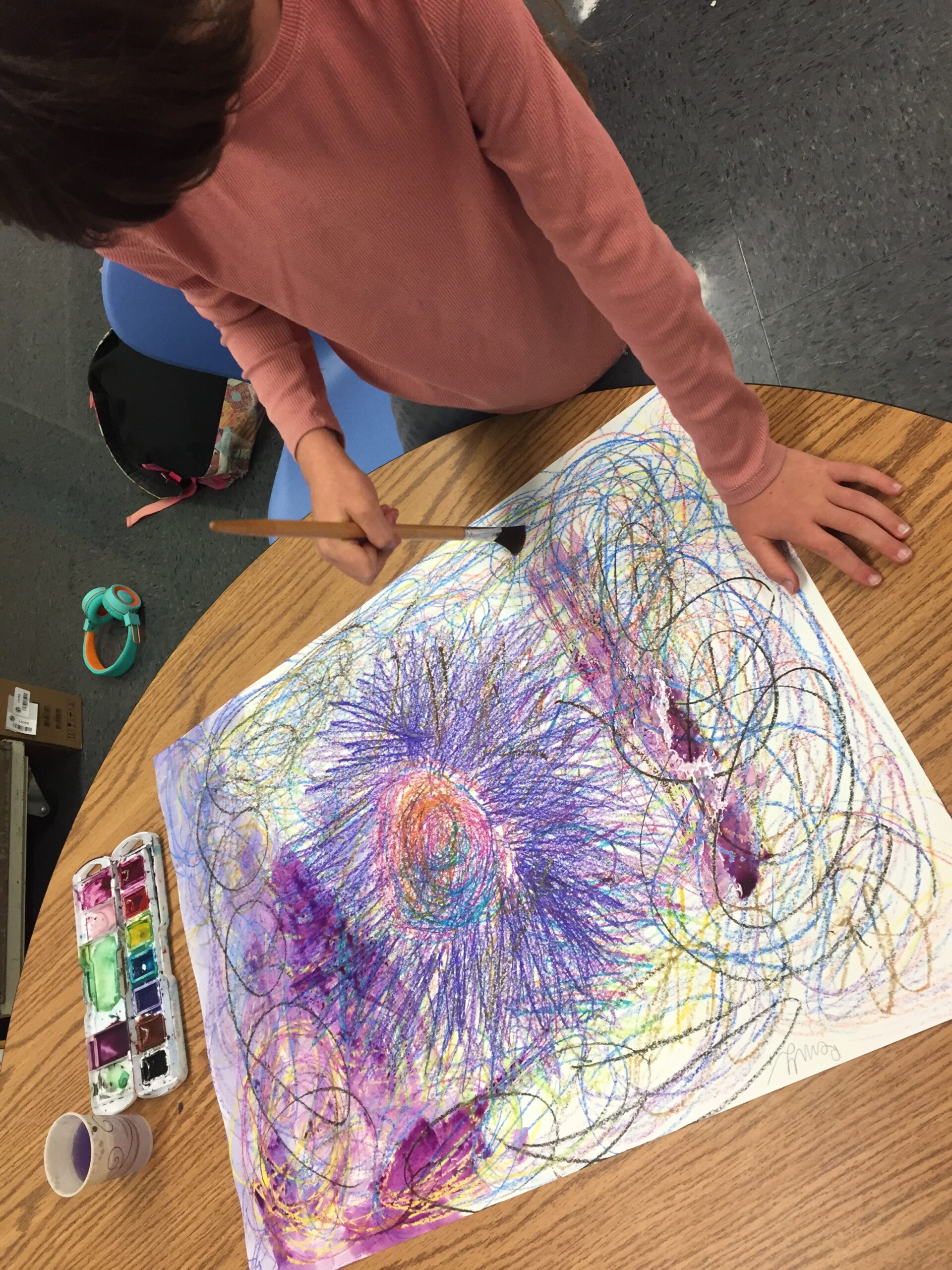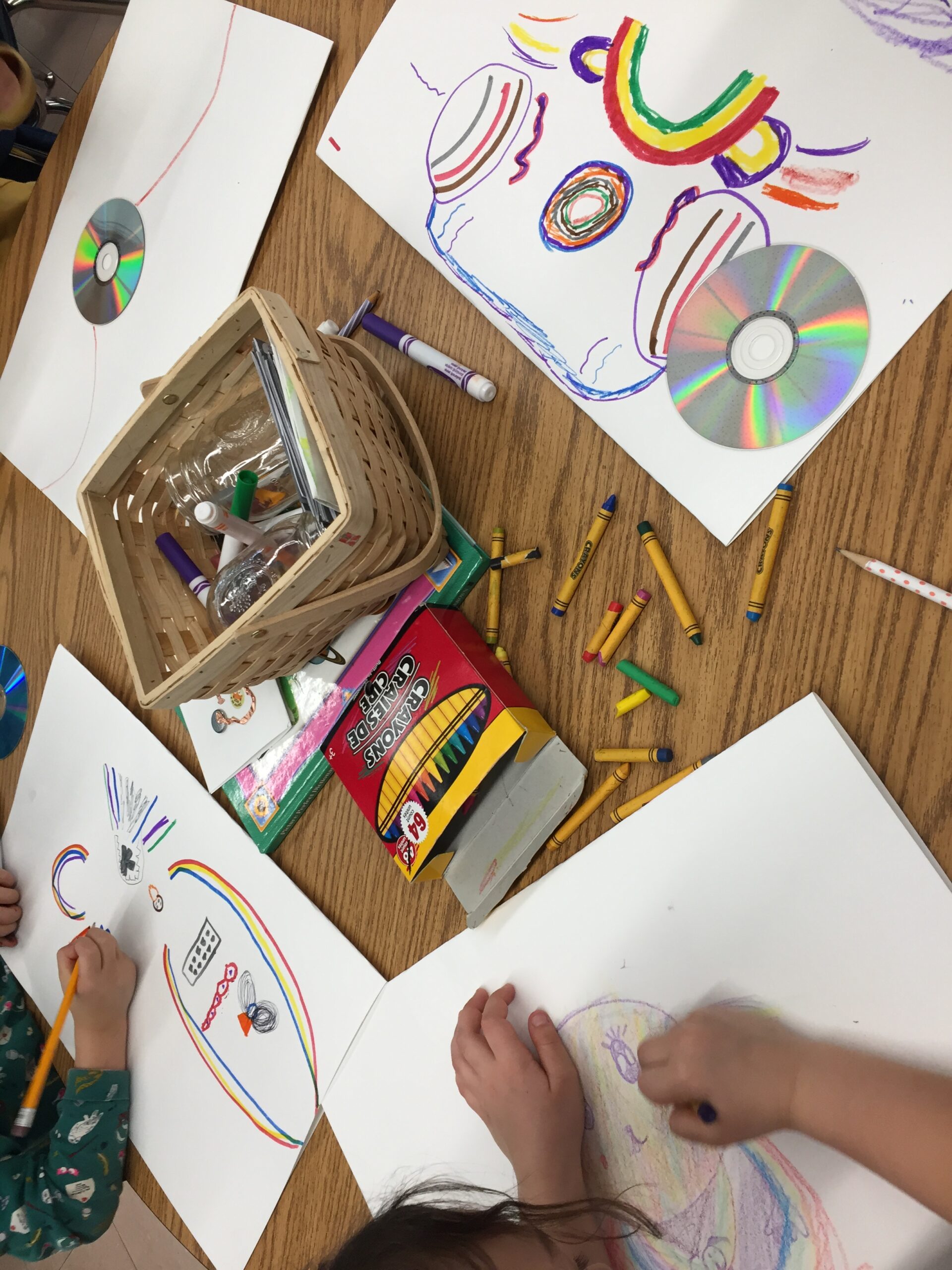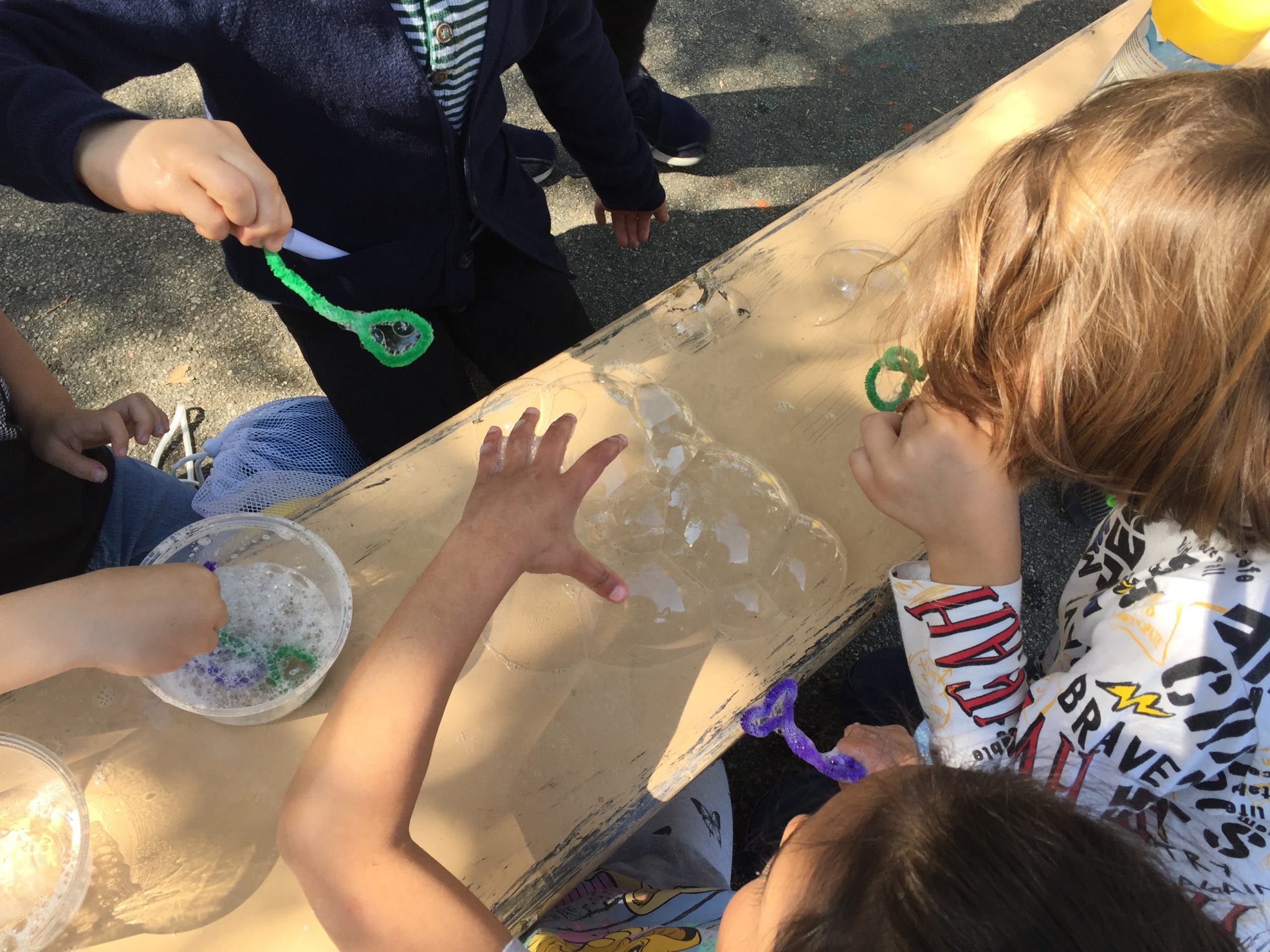My goal is to help educators and schools create rich learning environments that empower students to be emotionally intelligent critical thinkers, creative problem solvers and life-long learners ready for our increasingly complex world.
Through teacher training, one-on-one coaching and workshops, I help schools and educators develop emergent curriculum incorporating inquiry-based and play-based learning, relationship building, social-emotional learning and arts-integration.
Possible areas of focus:
- Project cycles
- Writing units of study based on stages of child development, themes (ex. counting, symmetry, color theory, letters & writing, light & shadows, identity)
- Reflective circle techniques & circle time
- Visual art techniques teachers can incorporate into the classroom (ex. printmaking, sculpture, resist painting)
- Incorporating inquiry-based learning into any unit of study or pre-written curriculum
- Documentation & bookmaking
- Language development
- Observing & recording students’ interests and discoveries to use in curriculum development



What is the Reggio Emilia Approach?
Reggio Emilia is a philosophy and approach to early childhood education that was developed in the northern Italian town of Reggio Emilia in response to World War II. It is built on the following principles: children are active protagonists in their growing processes; the hundred languages; participation; learning as a process of construction, subjective and in groups; educational research; educational documentation; designing; organization; environment and spaces; formation/professional growth; and evaluation. Within the last 10 years, there has been an increasing interest in and appreciation for this approach in the United States, and there has been a surge in Reggio-inspired schools opening. The Reggio Emilia approach is celebrated as one of the best philosophies of education; its core principles of relationship building, inquiry- and play-based learning, emotional intelligence development, and child-centered learning are understood by experts as best education practices.
“To make a lovable school, industrious, inventive, liveable, documentable and communicable, a place of research, learning, re-cognition and reflection, where children, teachers and families feel well – is our point of arrival.”
Loris Malaguzzi